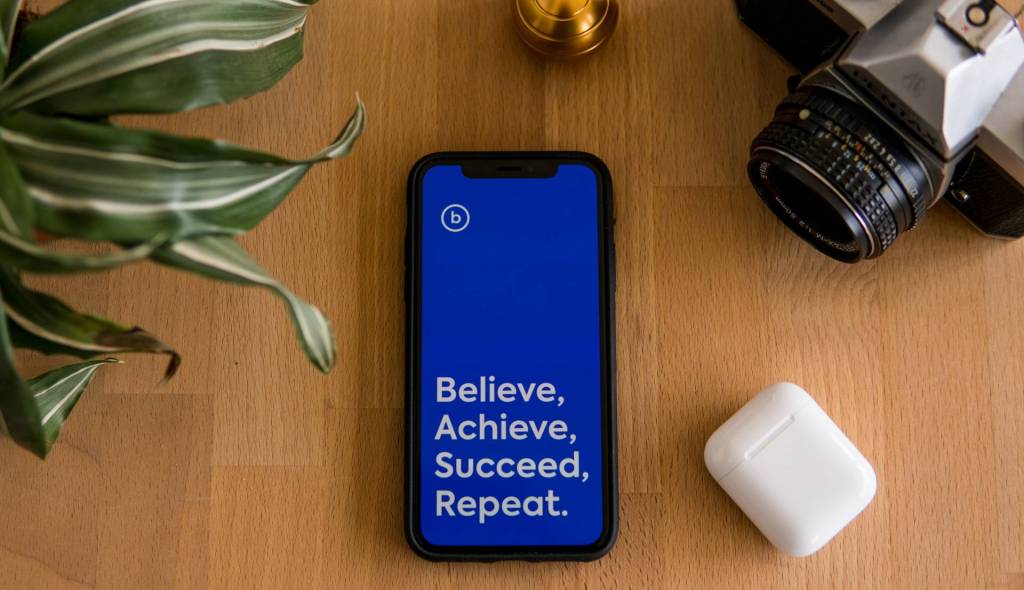 Upon finishing a recent client project we had a nice discussion to close out our work.
Upon finishing a recent client project we had a nice discussion to close out our work.
I used it as an opportunity to learn my client’s feelings regarding the results we achieved.
We discussed the problems he and his company were facing that motivated him to bring me in.
He said one word, “communication.”
Then, he clarified it and said, “well, that’s what I thought initially, but, it was so much more than that.”
He was absolutely frustrated with the communication between him and his employees, and the communication between employees themselves.
Yet, what he realized in our first exploratory conversation from which I crafted a proposal was that the communication he wanted fixing was just a means to an end.
We defined the scope of work on the ultimate end results he was after, which was a workforce more engaged in helping him run the company day to day.
Additionally, because the company’s revenue and profits had become stagnant over the last four years, he also wanted them to help him create and implement growth strategies.
Prior to this project, his employees seemed as if they were just collecting a paycheck, expecting their boss to take care of the rest, including making sure they had customer job sites to go to each day to keep them busy, and that the money was in the bank so their paychecks didn’t bounce.
What this small business owner learned early in the project was that his employees wanted the same thing as he, but expressed it in different terms. Thus, the communication breakdown.
Because of the overwhelming demands requiring their attention small business owners focus mostly on what’s most prominent in their field of vision.
In that process their focus goes toward mostly what they don’t want; the things getting in the way of the results they desire to achieve.
In my experience it is virtually impossible for business owners, on their own, to turn those undesirable activities, into a focus on desirable results to be achieved.
It’s those desirable results, the ends goals, where their focus should be.
Most often, it’s “communication” that gets blamed for what’s not being achieved. And, that blame is always in the right place.
Yet, it’s only the first step in the process. It’s a means to the ultimate end result.
What you want is to identify and focus on the ultimate end result you’re after, because once communication is working, you can take your company anywhere.
Remember, improved communication isn’t the end, it’s just the beginning.












